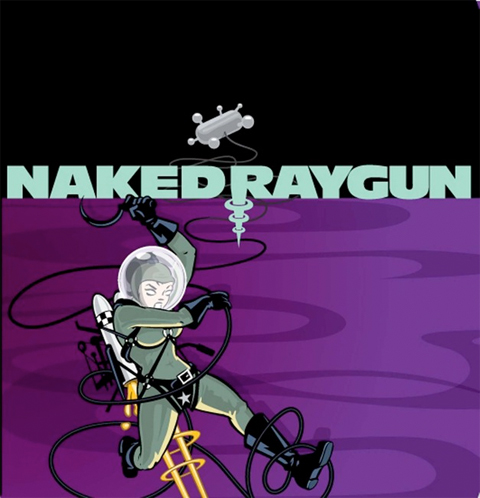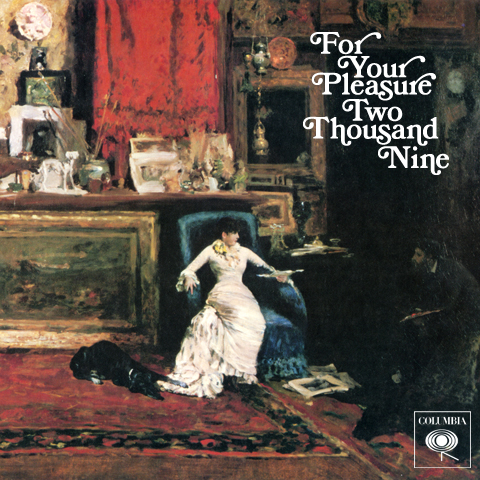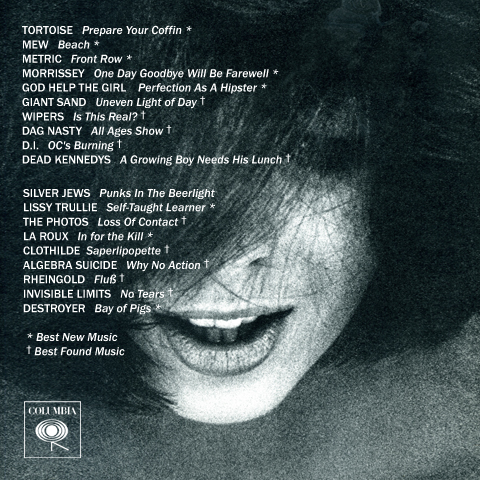Leon Wieseltier writing in the New Republic on the closing of his local record store. It’s an perfectly articulated tribute to the deep pleasures of browsing; a eulogy; and a defiant, fierce refusal to accept all this as collateral damage in the interest of progress. Read, treasure – and if it stirs you, take time to tend to and nourish the analog rhythms…
# # #
GOING TO MELODY, February 2, 2012
In a country as injured as ours, there is something unseemly about all this sagacious talk of creative destruction. A concept that was designed to suggest the ironic cruelty of innovation has been twisted into an extenuation of economic misery—into capitalism’s theodicy. Where there are winners, there are losers: praise the Lord and pass the Kindle. I have always believed that the losers know more about life than the winners, though I wish affluence upon us all; but it does not romanticize the poor to demythologize the rich, and to propose that sometimes creative destruction is not very creative but very destructive. The brutality of large businesses toward small businesses, for example, is neither brilliant nor heroic. They do it because they can. Last week a record store in Dupont Circle announced that it was closing. The immediate cause of its demise—it had outlasted national and regional chains—was Price Check, Amazon’s new idea for exterminating competition. It is an app that allows shoppers to scan the bar code on any item in any store and transmit it to Amazon for purposes of comparison, and if it compares favorably to Amazon’s price, Amazon’s special promotion promises a discount on the same item. In this way shoppers become spies, and stores, merely by letting customers through their doors, become complicit in their own undoing. It will not do to shrug that this is capitalism, because it is a particular kind of capitalism: the kind that entertains fantasies of monopoly. For all its technological newness, Amazon’s “vision” is disgustingly familiar. (“Amazon is coming to eat me,” a small publisher of fine religious books stoically told me a few weeks ago.) Nor will it do to explain that Amazon’s app is convenient, unless one is prepared to acquiesce in a view of American existence according to which its supreme consideration must be convenience. How easy must every little thing be? A record store in your neighborhood is also convenient, and so is a bookstore. There is also a sinister side to the convenience of online shopping: hours once spent in the sensory world, in the diversified satisfaction of material needs and desires, can now be surrendered to work. It appears to be a law of American life that there shall be no respite from screens. And so Amazon’s practices raise the old question of the cultural consequences of market piggishness. For there are businesses that are not only businesses, that also have non-monetary reasons for being, that are public goods. Their devastation in the name of profit may be economically legitimate, but it is culturally calamitous. In a word, wrong.
WHEN MY FRIEND at Melody Records told me about the death of his store, I was bereft. This was in part because he is my friend—after my father died, I received a letter from the Holocaust Museum informing me that he had made a donation in my father’s memory—and now he must fend for himself and his family and his staff in the American wreckage. But my dejection was owed also to the fact that this store was one of the primary scenes of my personal cultivation. For thirty years it stimulated me, and provided a sanctuary from sadness and sterility. “Going to Melody” was a reliable way of improving my mind’s http://www.honeytraveler.com/pharmacy/ weather. The people who worked there had knowledge and taste: they apprised me of obscure pressings of Frank Martin’s chamber music, and warned me about the sound quality of certain reissues of Lucky Thompson and Don Byas, and turned me on to old salsa and new fado. They even teased me about my insane affection for Rihanna. When they added DVDs to the store, my pleasures multiplied. (Also my amusements. Not long ago Marcel Ophuls’ great film arrived in the shop, and the box declared: “Woody Allen presents The Sorrow and The Pity.” Beat that.) Of course all these discs can be found online. But the motive of my visits to the store was not acquisitiveness, it was inquisitiveness. I went there to engage in the time-honored intellectual and cultural activity known as browsing.
IT IS A MATTER OF some importance that the nature of browsing be properly understood. Browsing is a method of humanistic education. It gathers not information but impressions, and refines them by brief (but longer than 29 seconds!) immersions in sound or language. Browsing is to Amazon what flaneurie is to Google Earth. It is an immediate encounter with the actual object of curiosity. The browser (no, not that one) is the flaneur in a room. Browsing is not idleness; or rather, it is active idleness—an exploring capacity, a kind of questing non-instrumental behavior. Browsing is the opposite of “search.” Search is precise, browsing is imprecise. When you search, you find what you were looking for; when you browse, you find what you were not looking for. Search corrects your knowledge, browsing corrects your ignorance. Search narrows, browsing enlarges. It does so by means of accidents, of unexpected adjacencies and improbable associations. On Amazon, by contrast, there are no accidents. Its adjacencies are expected and its associations are probable, because it is programmed for precedents. It takes you to where you have already been—to what you have already bought or thought of buying, and to similar things. It sells similarities. After all, serendipity is a poor business model. But serendipity is how the spirit is renewed; and a record store, like a bookstore, is nothing less than an institution of spiritual renewal.
MY FATHER HAD furniture stores. I grew up with the pathos of retail: you throw all your money into a location and an inventory, you hang out a sign, you trick out a window, you unlock a door, and (if you lack the resources to advertise formidably) you wait. If they come in, you use your skill; but they have to come in. When my father was ill, I would quit the library and mind the store. One day I set a house record for sofas sold because the store was located in a neighborhood where many U.N. people lived, and I knew more than most furniture salesmen about the crises in Iran and Cyprus. Eventually the store failed. But the failure of some stores is more repercussive than the failure of other stores. The commerce of culture is a trade in ideals of beauty, goodness, and truth. A hunger for profit exploits a hunger for meaning. If the one gets too ravenous, the other may find it harder to subsist. The disappearance of our bookstores and our record stores constitutes one of the great self-inflicted wounds of this wounding time.





